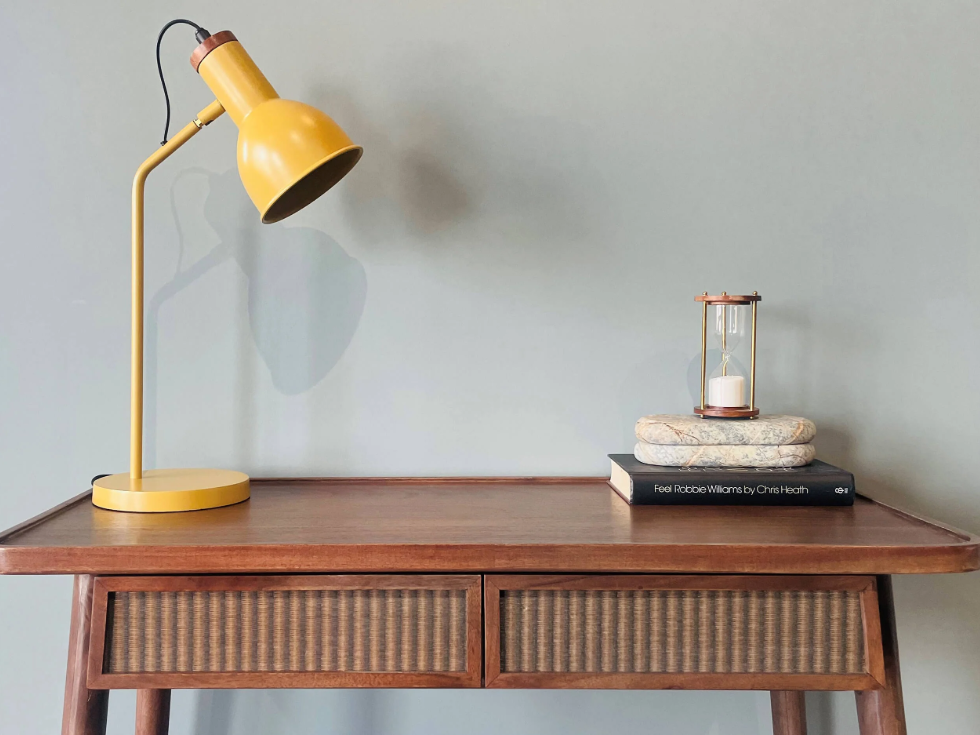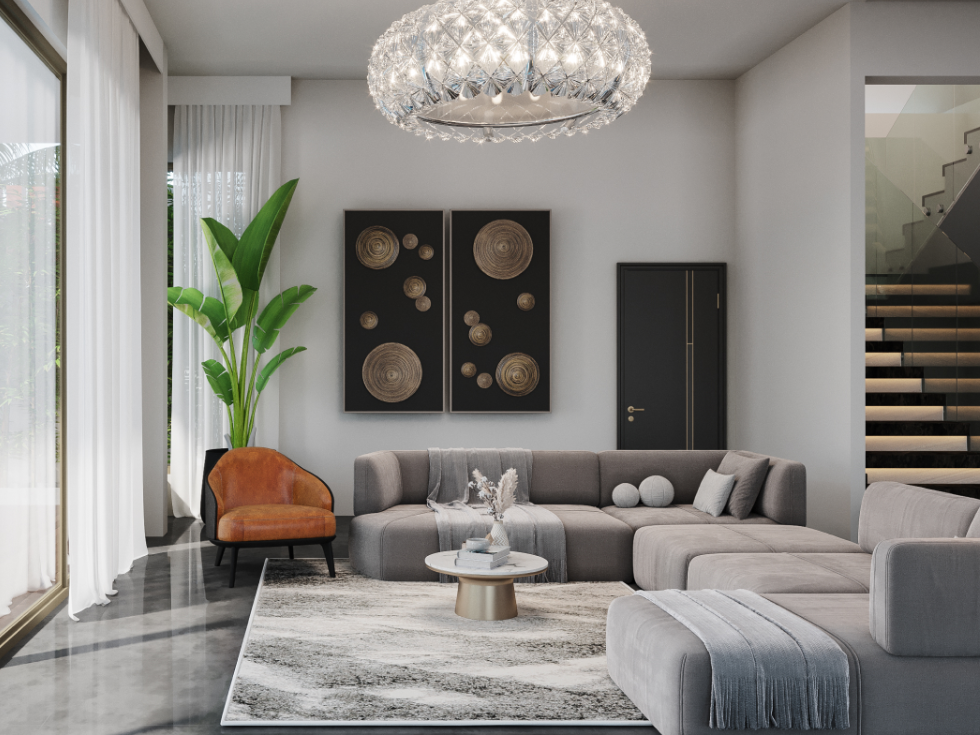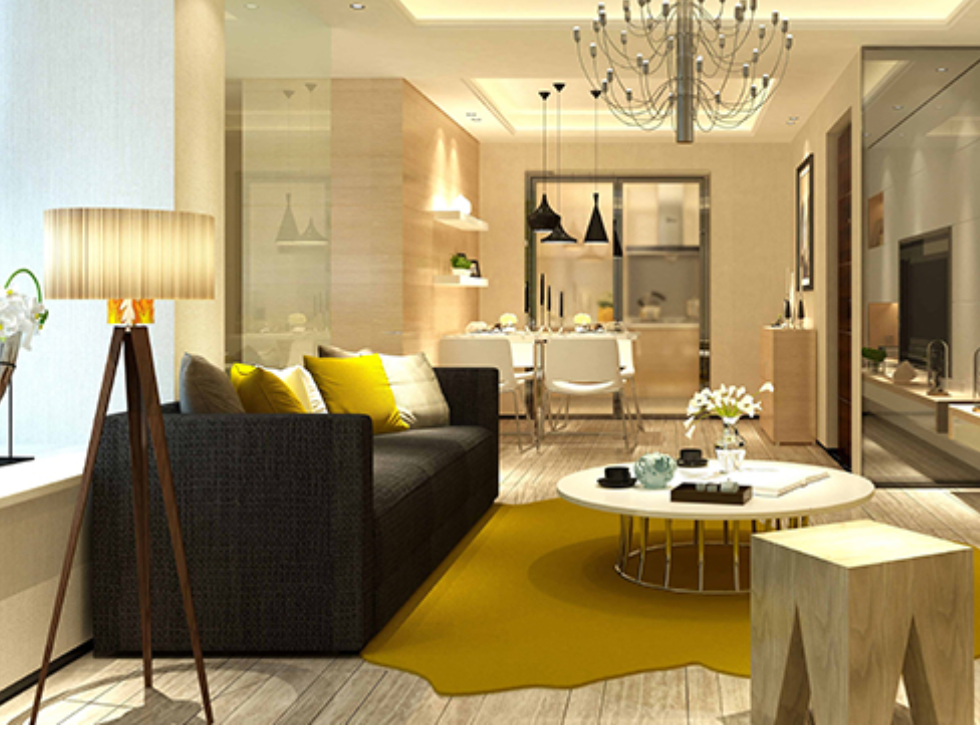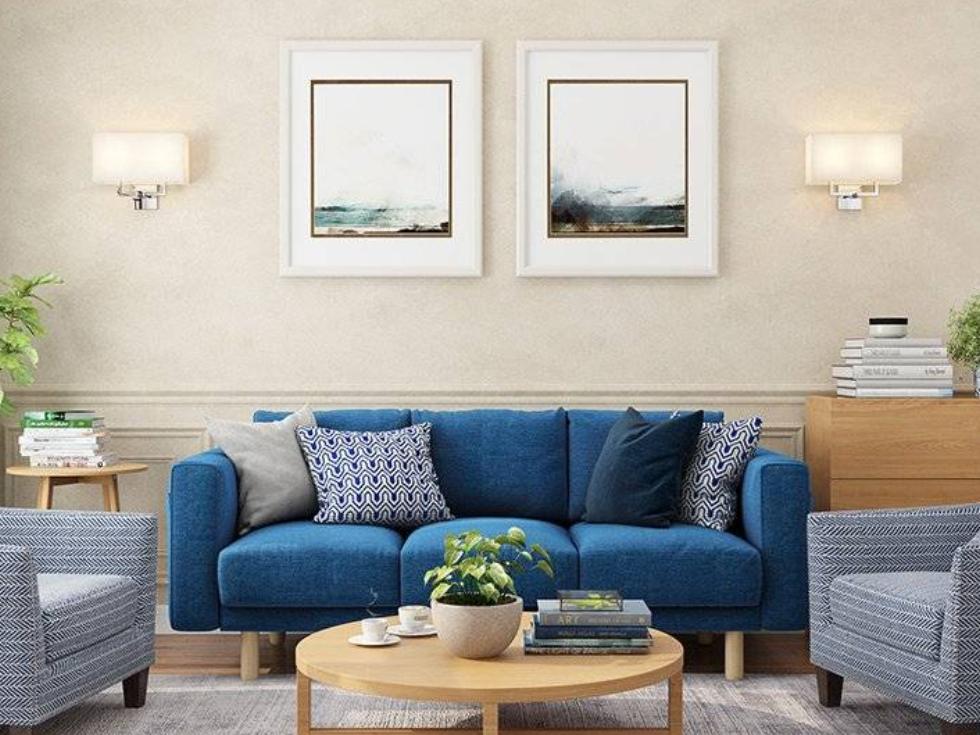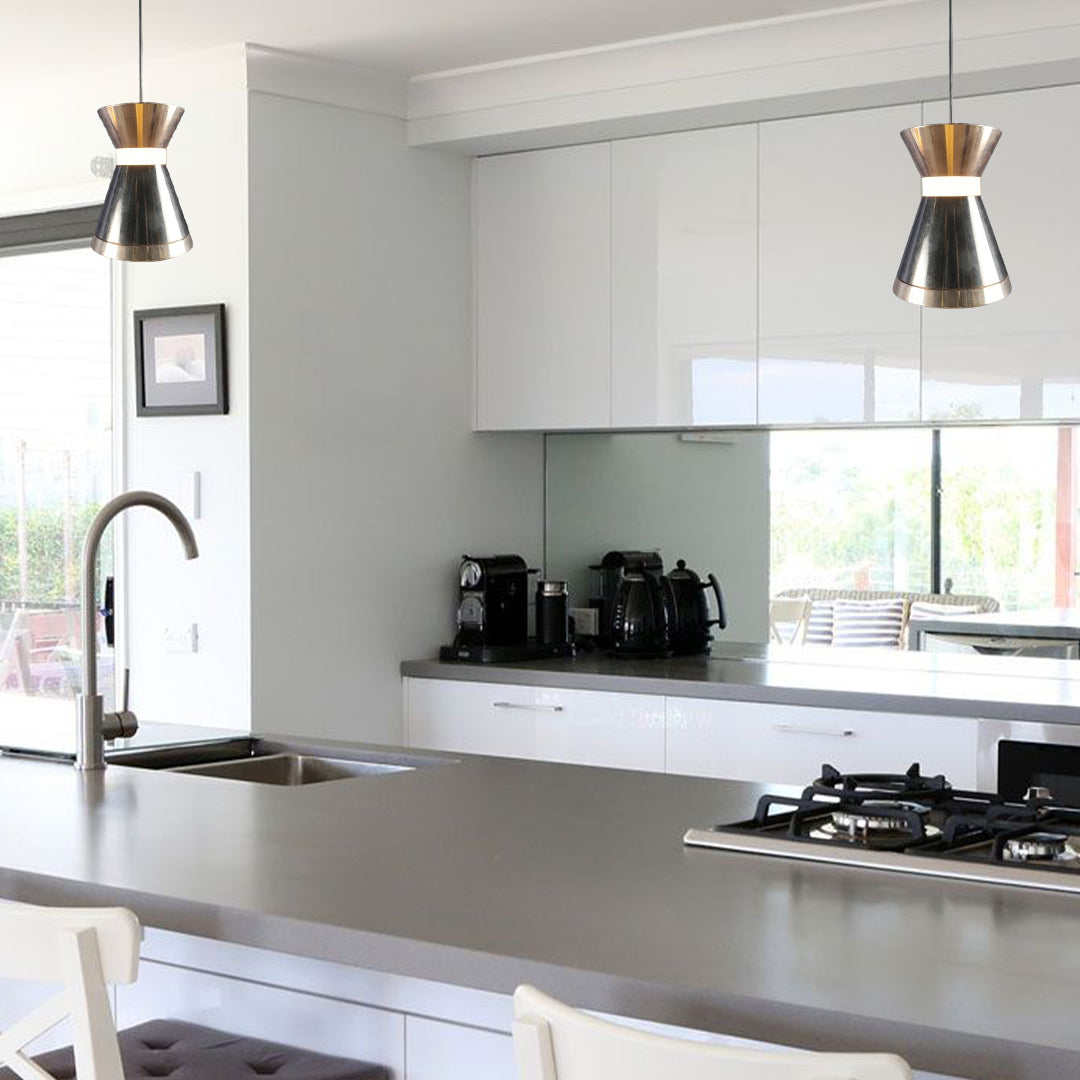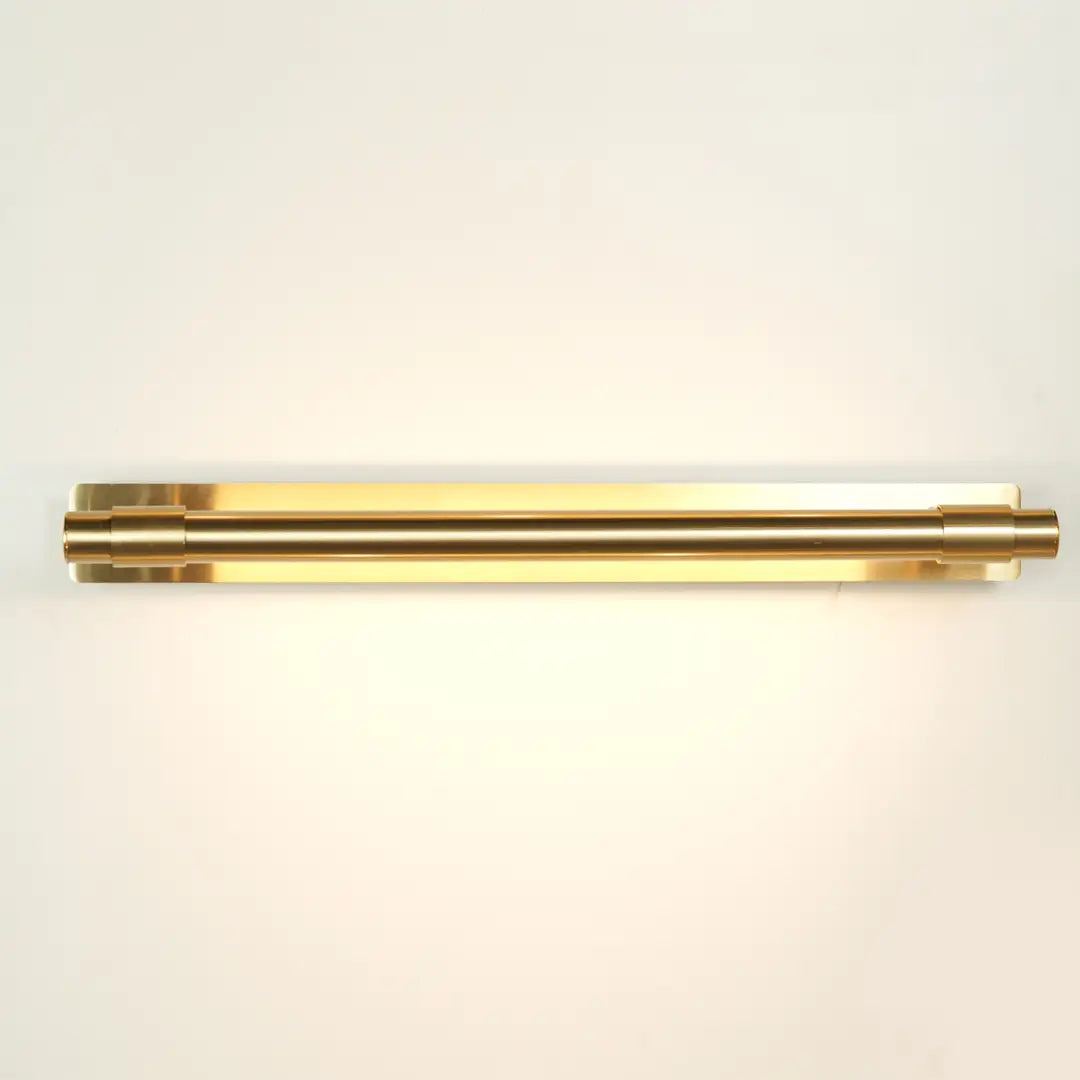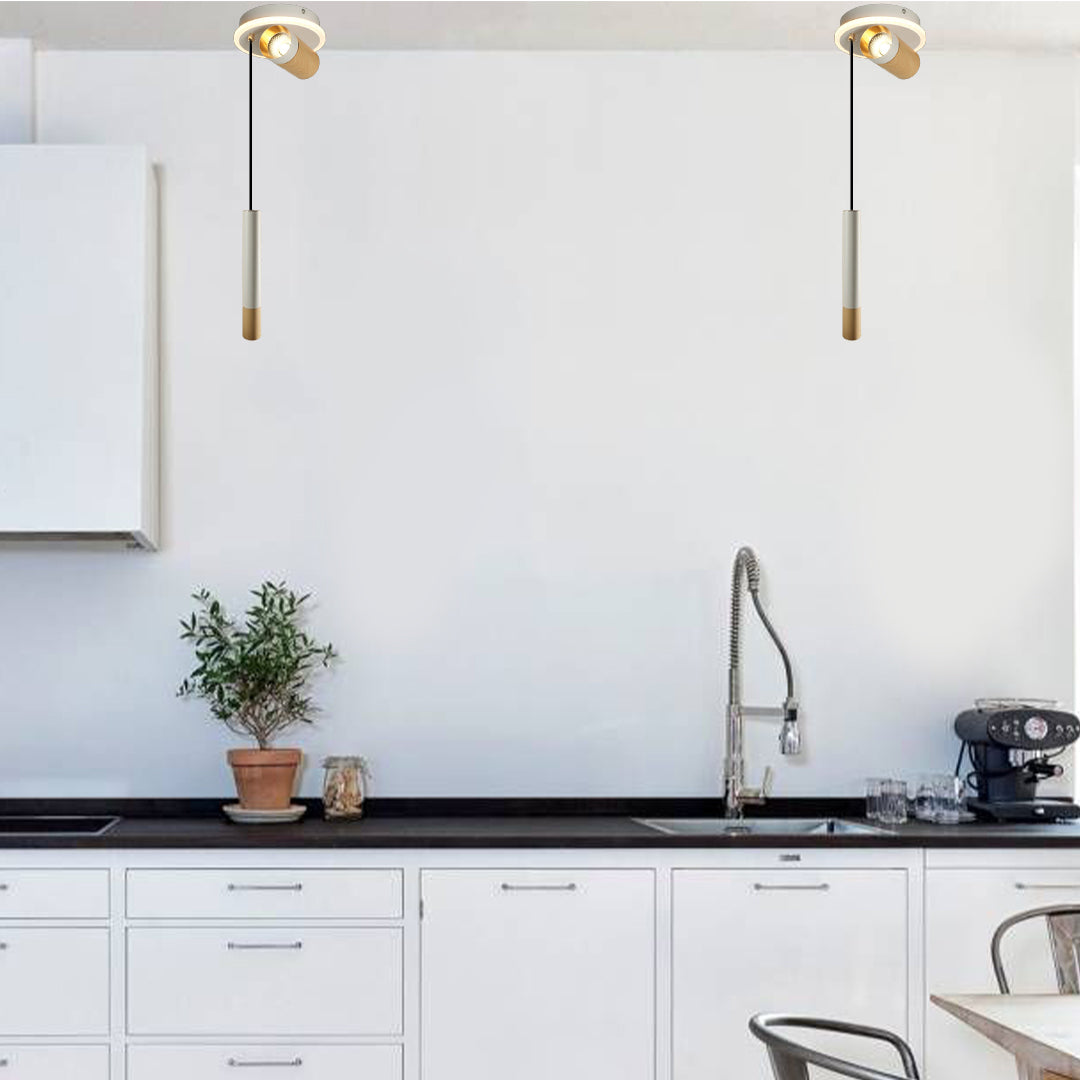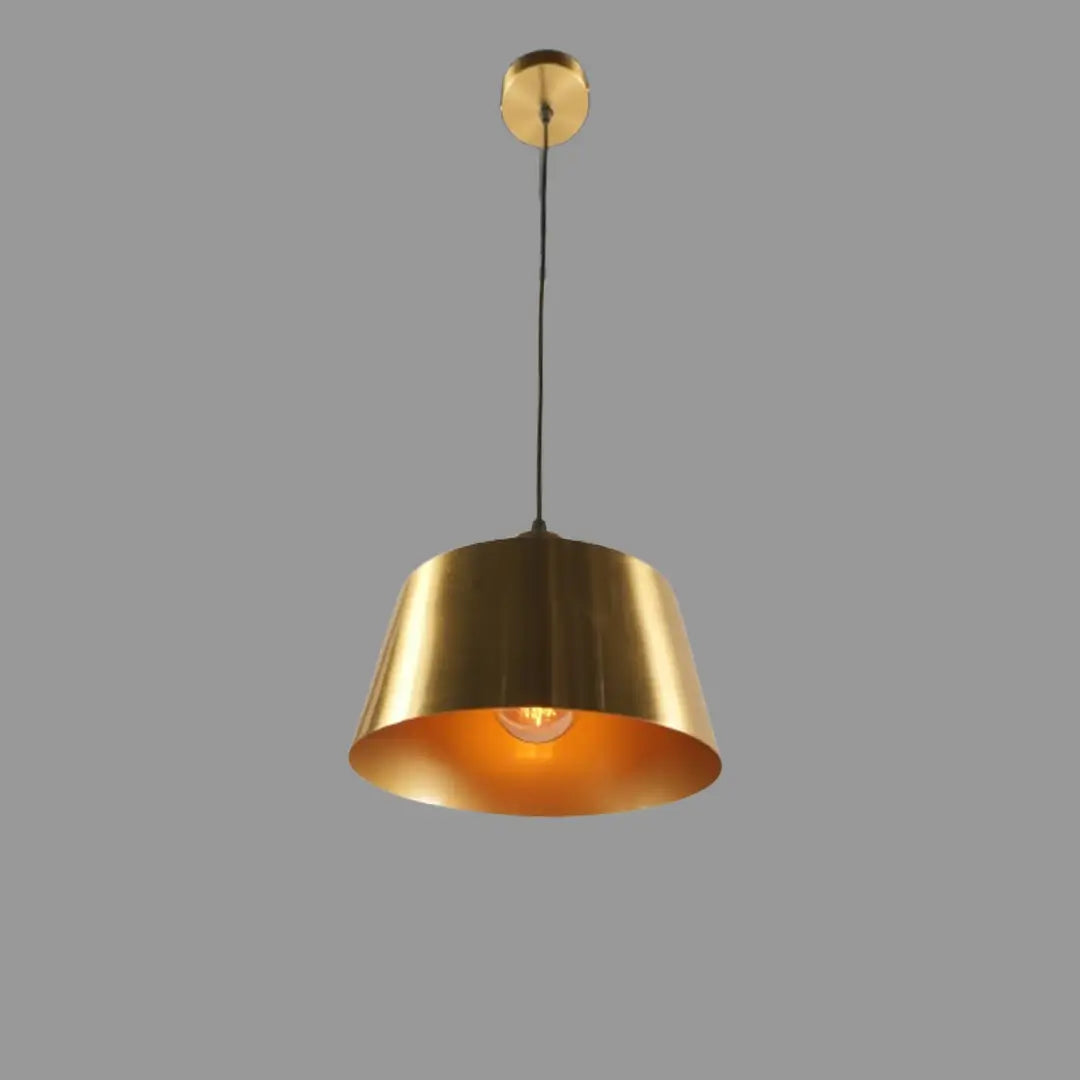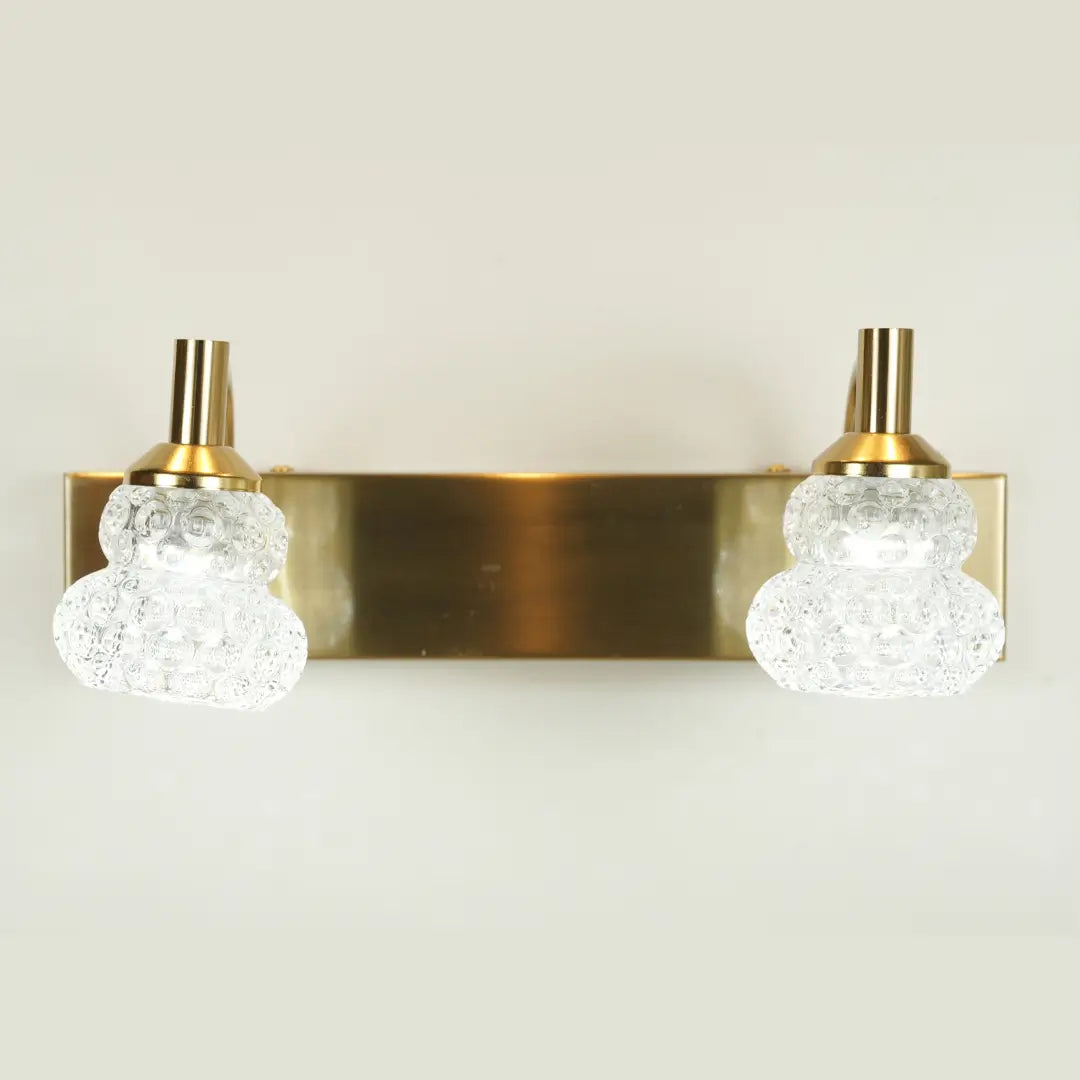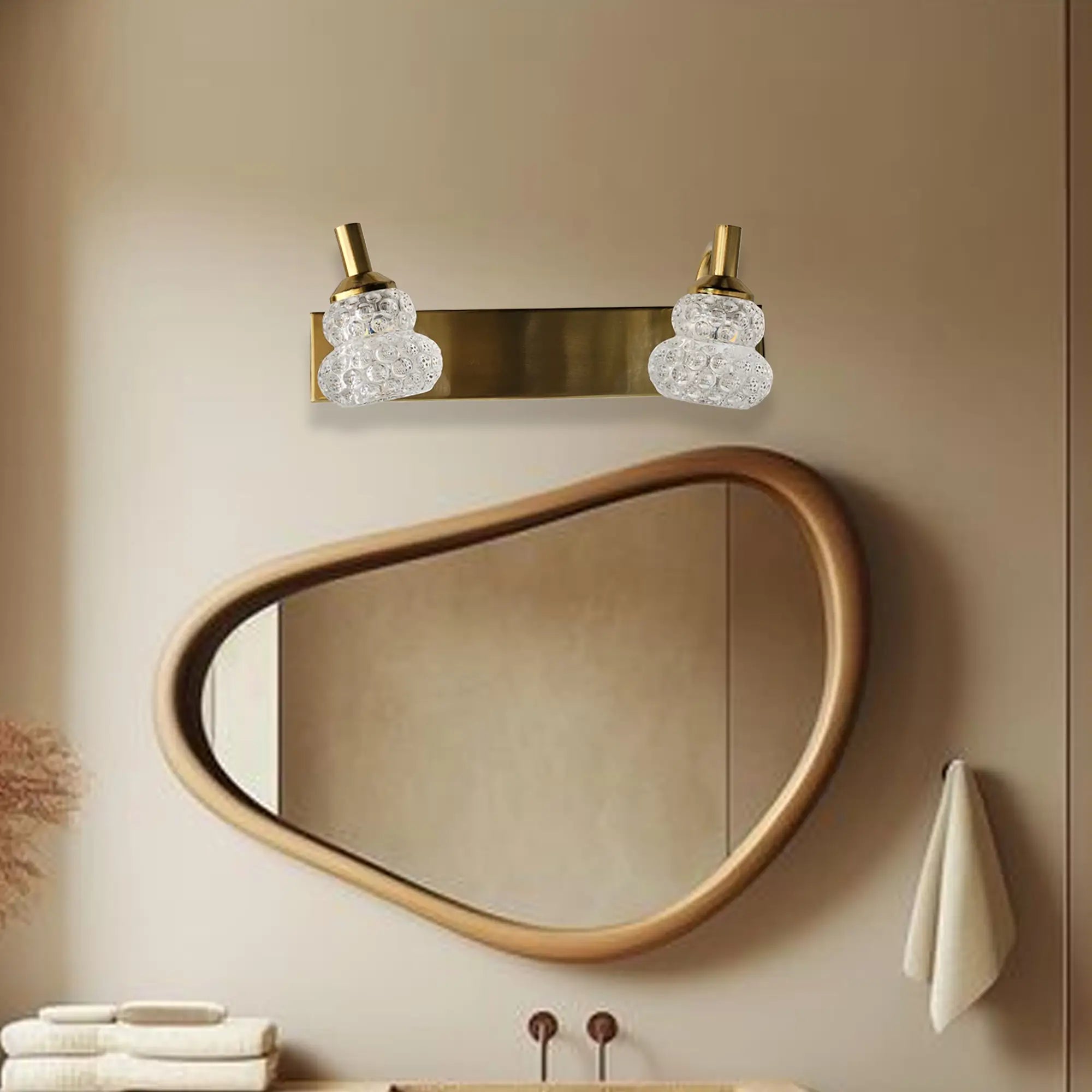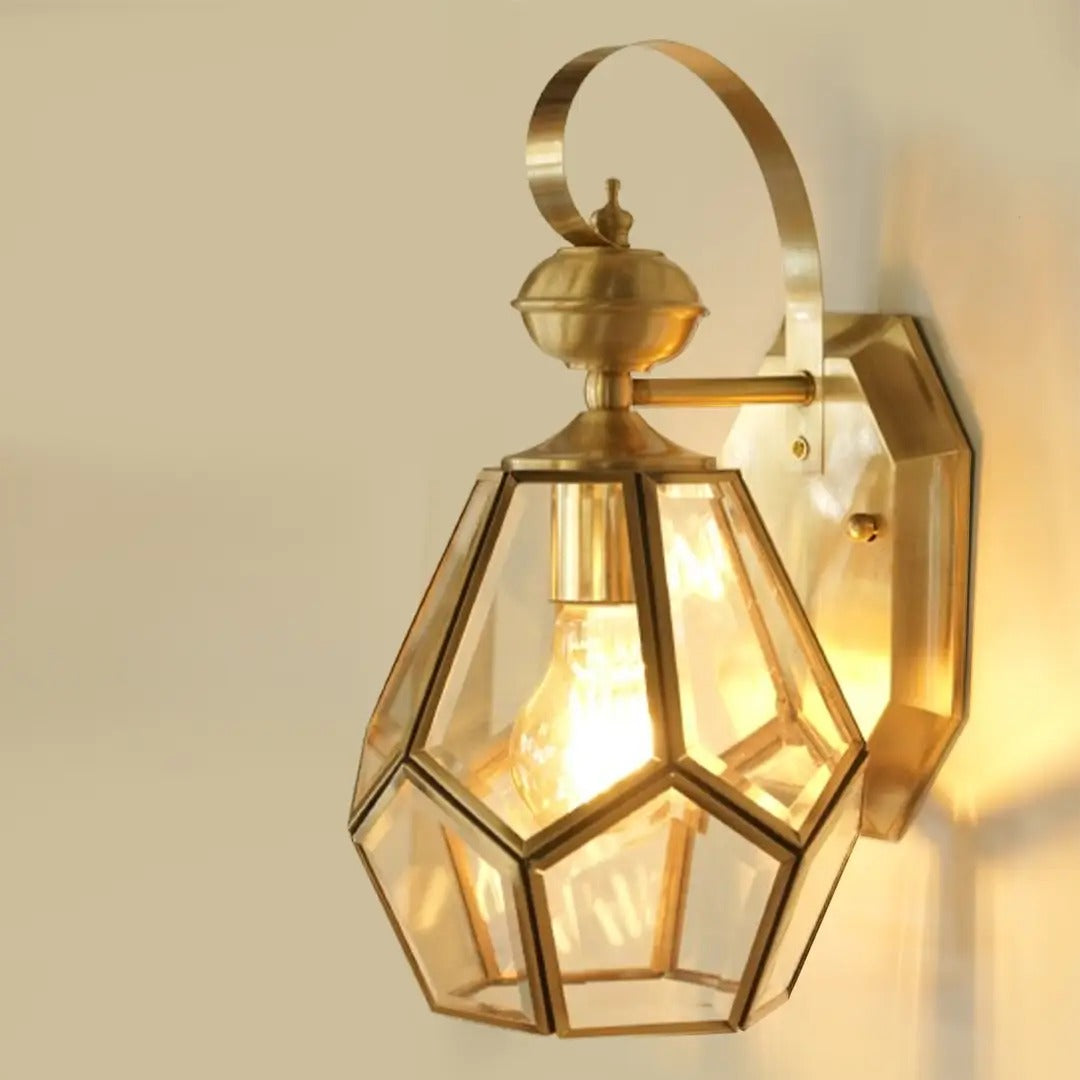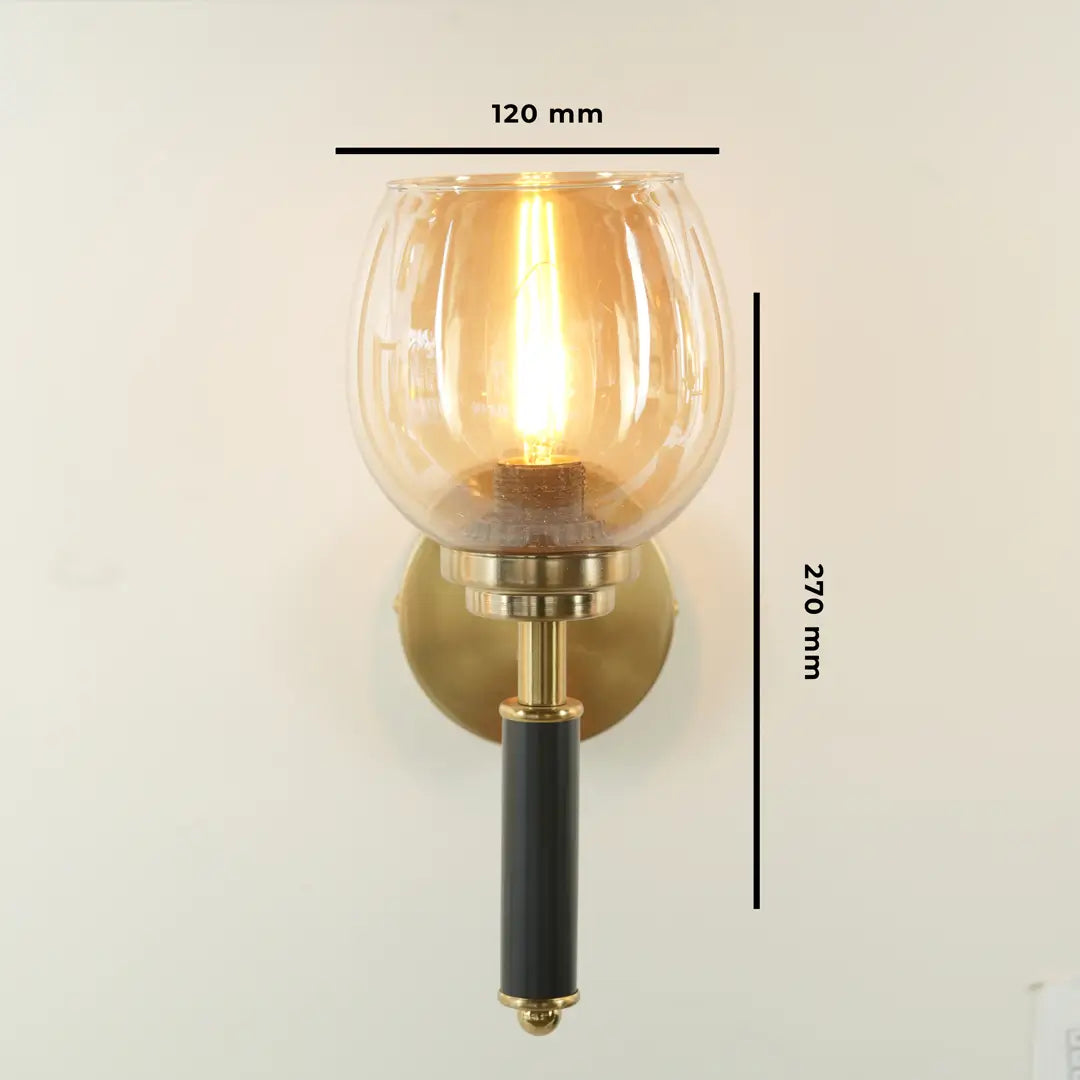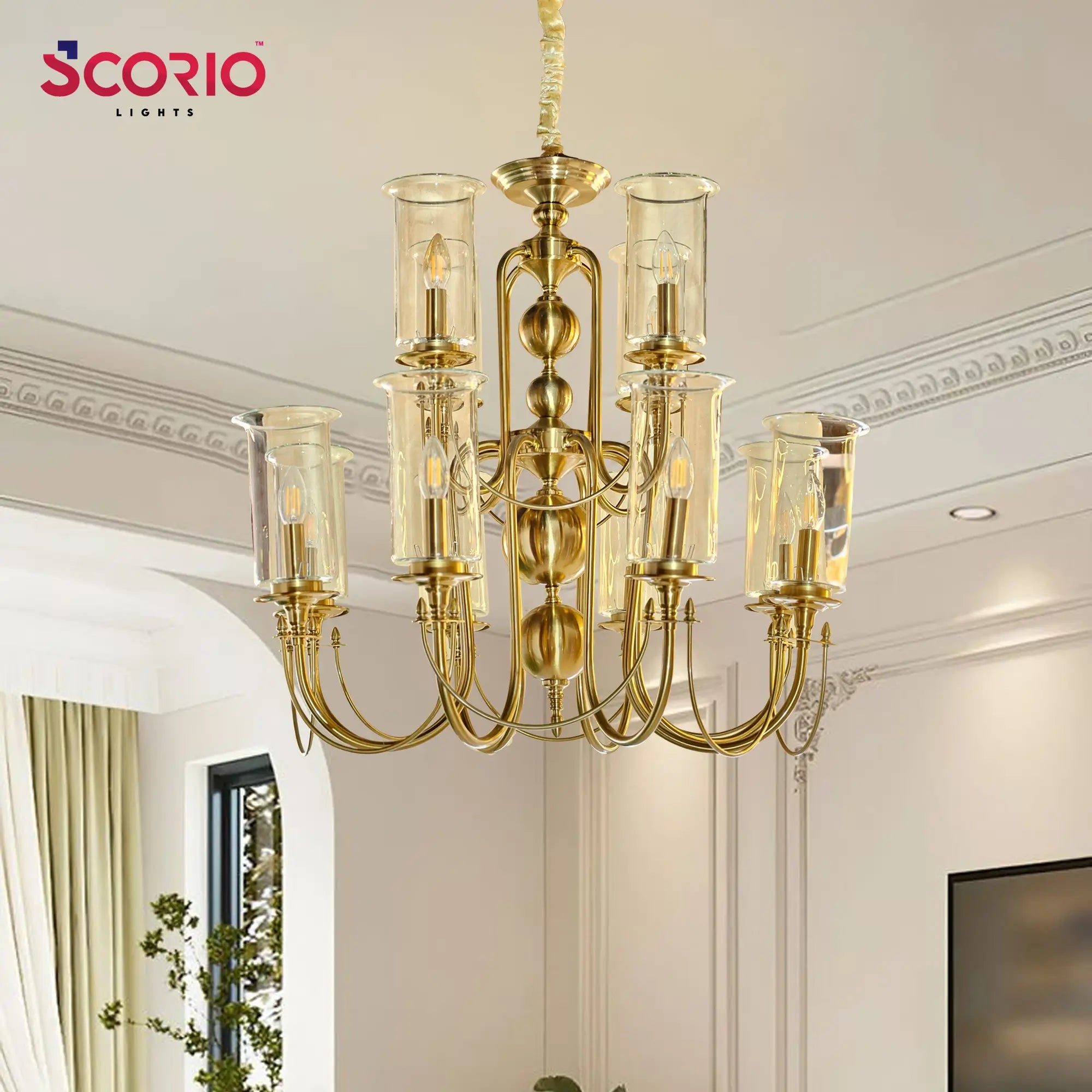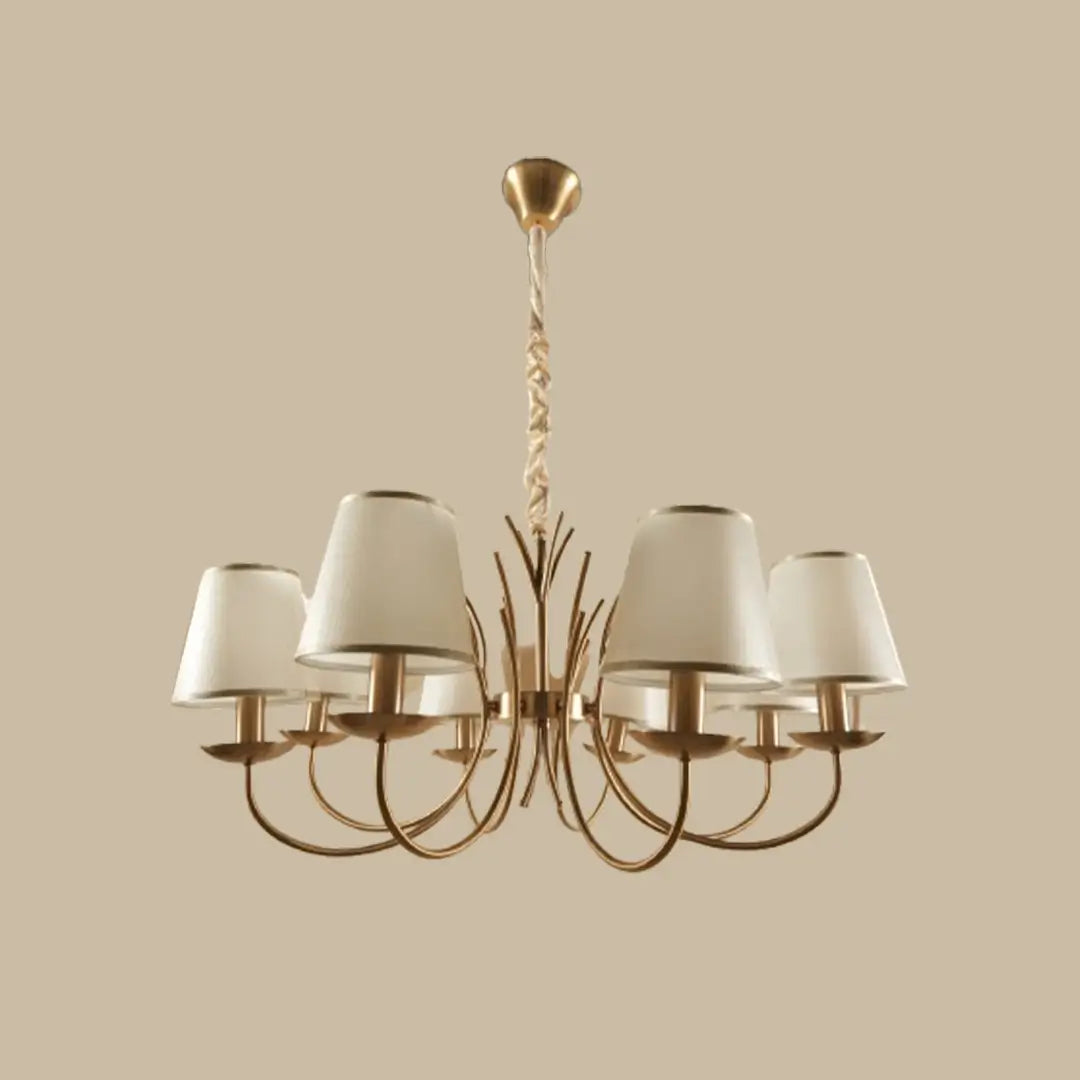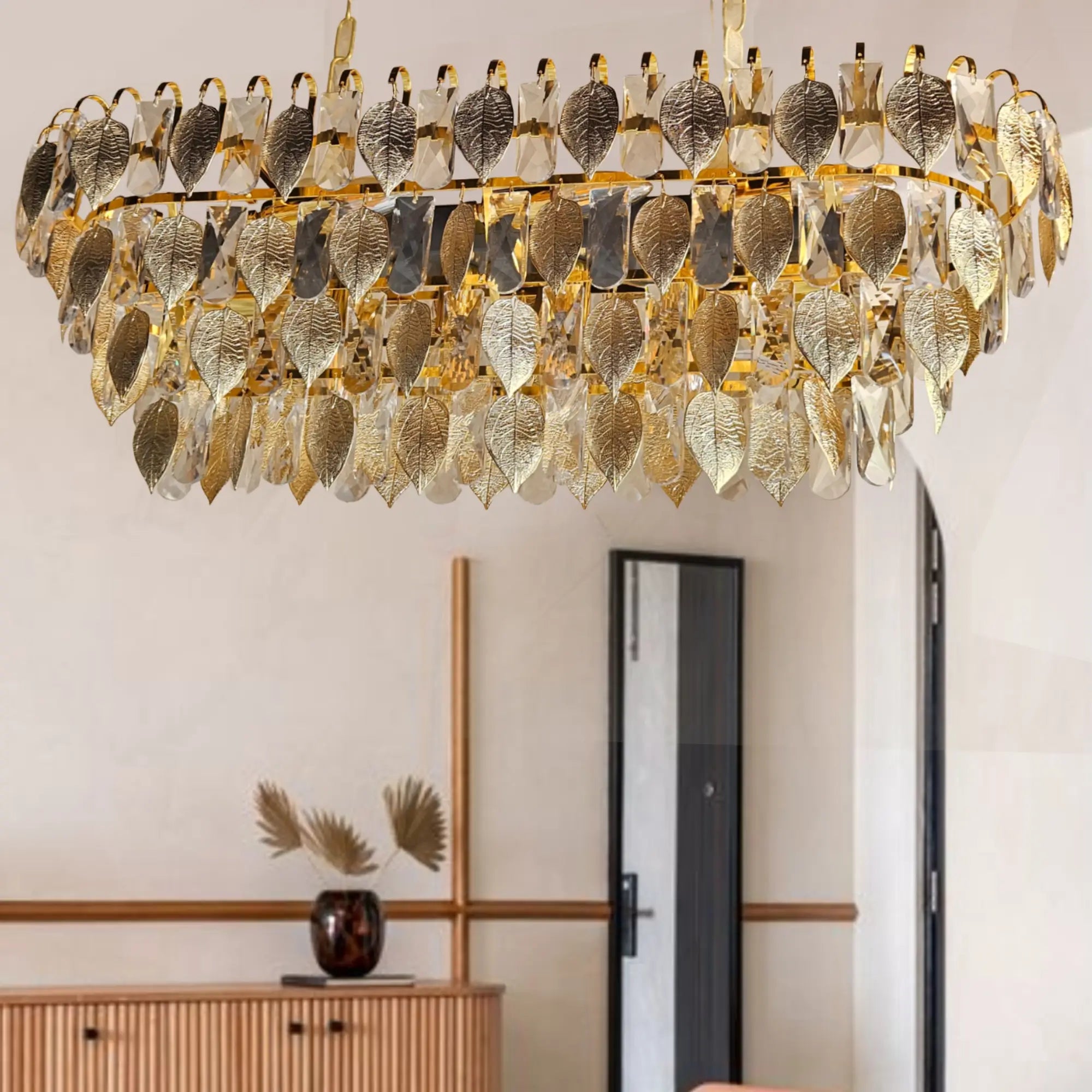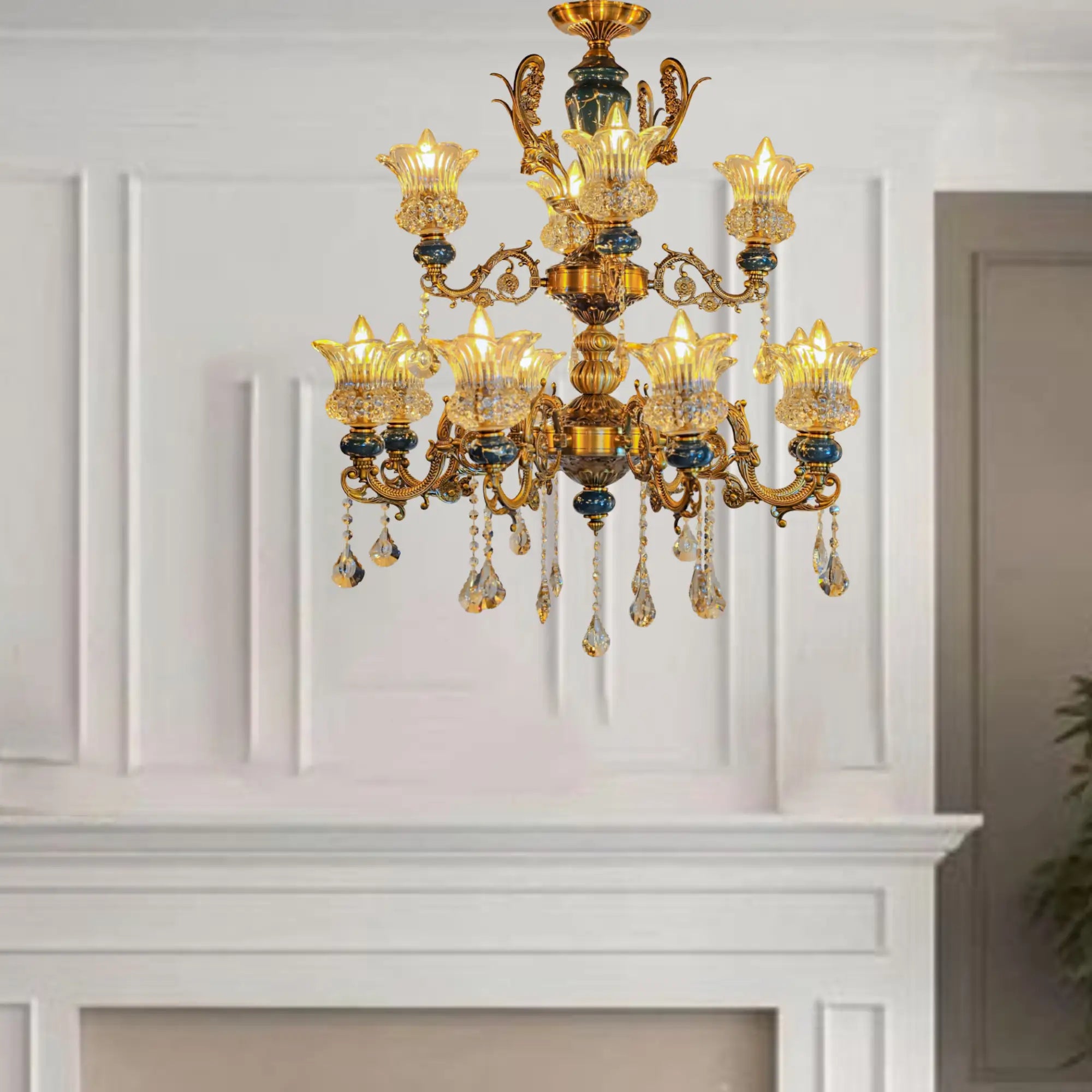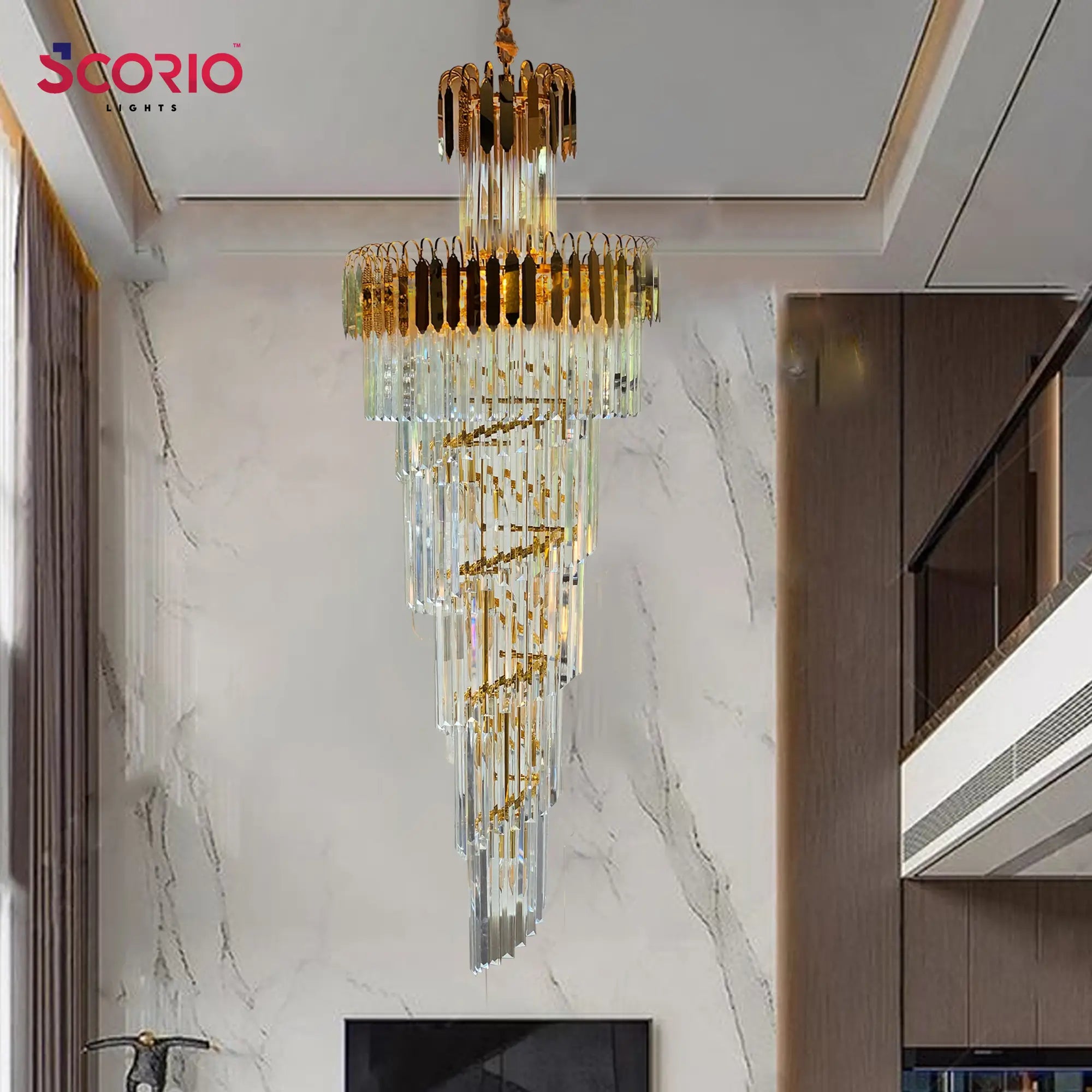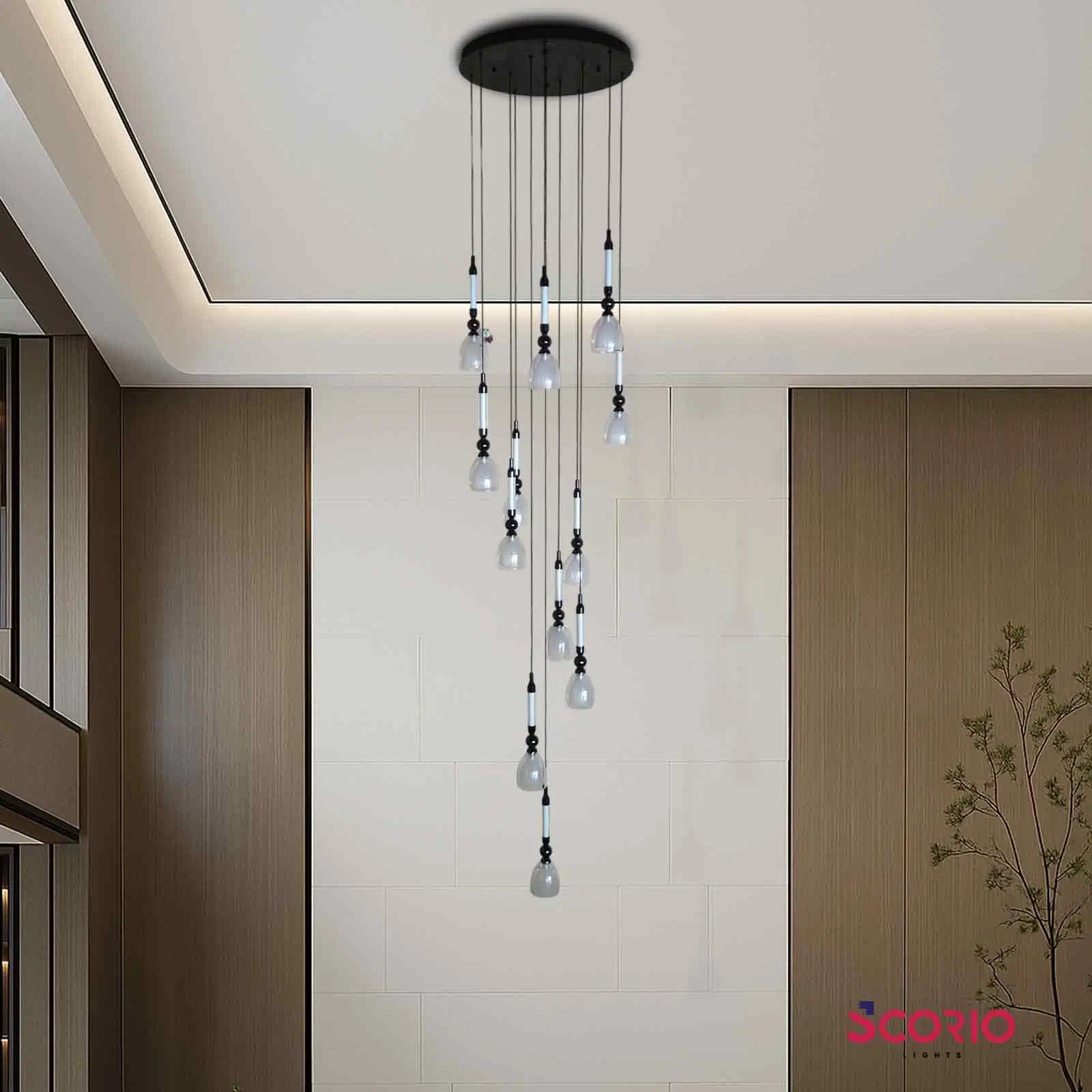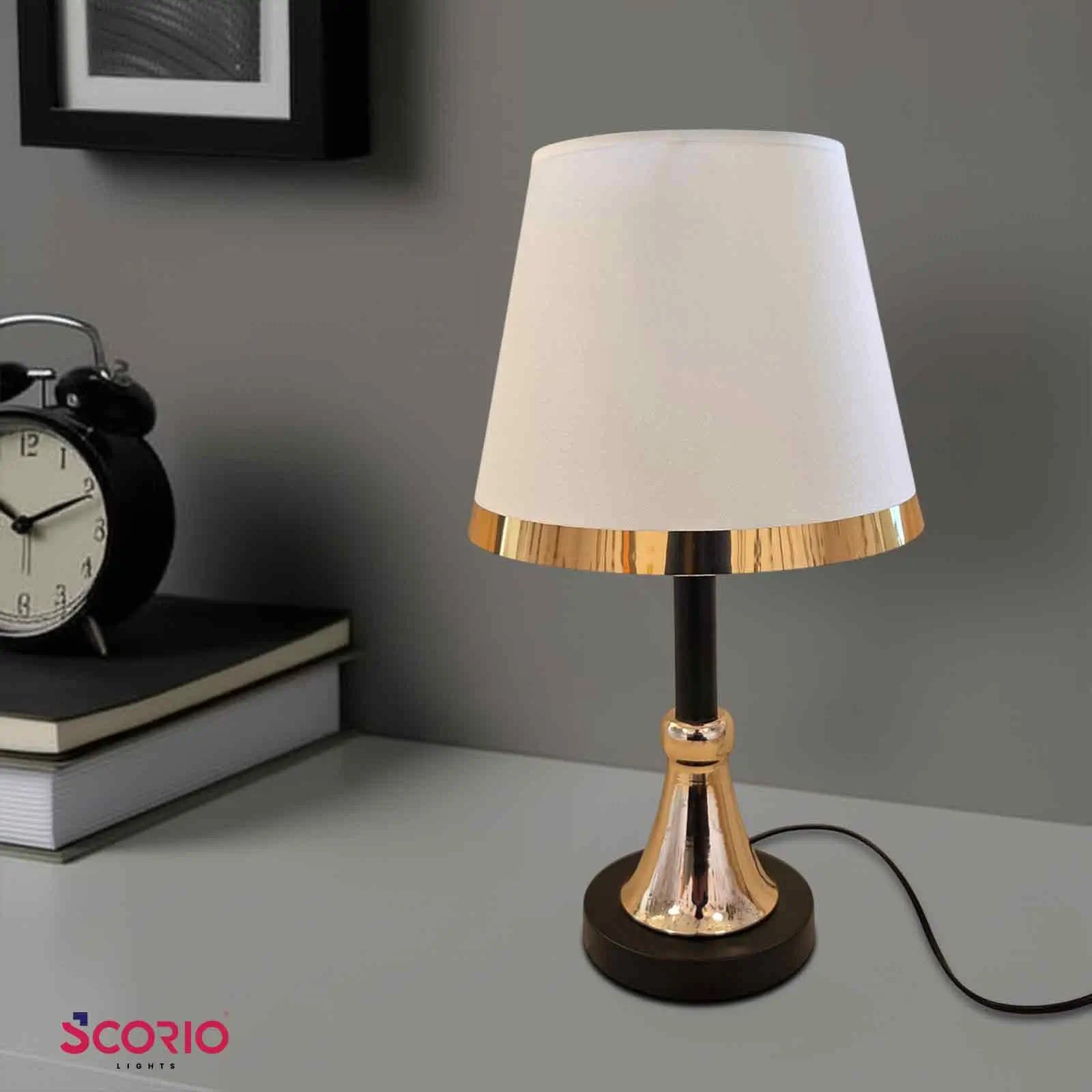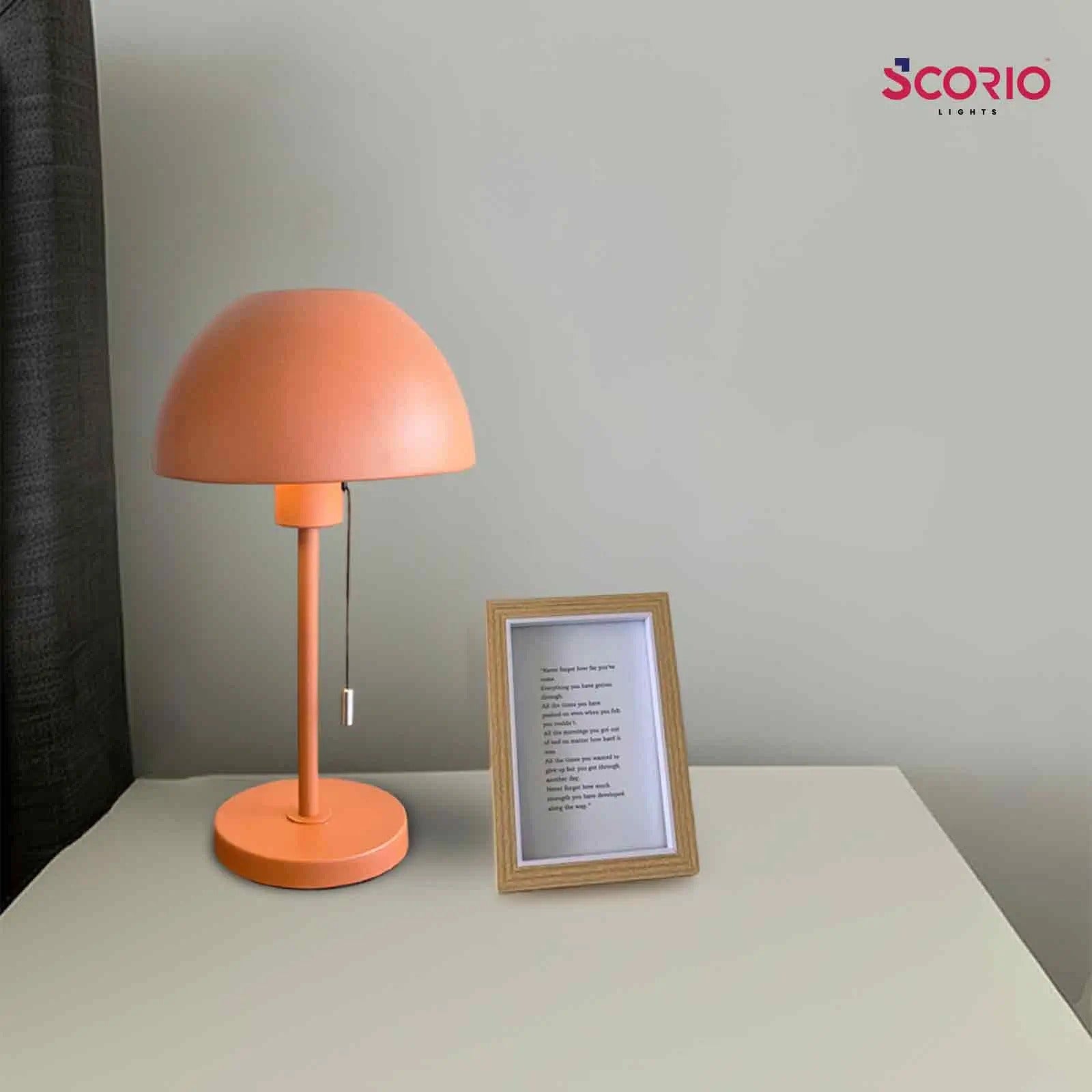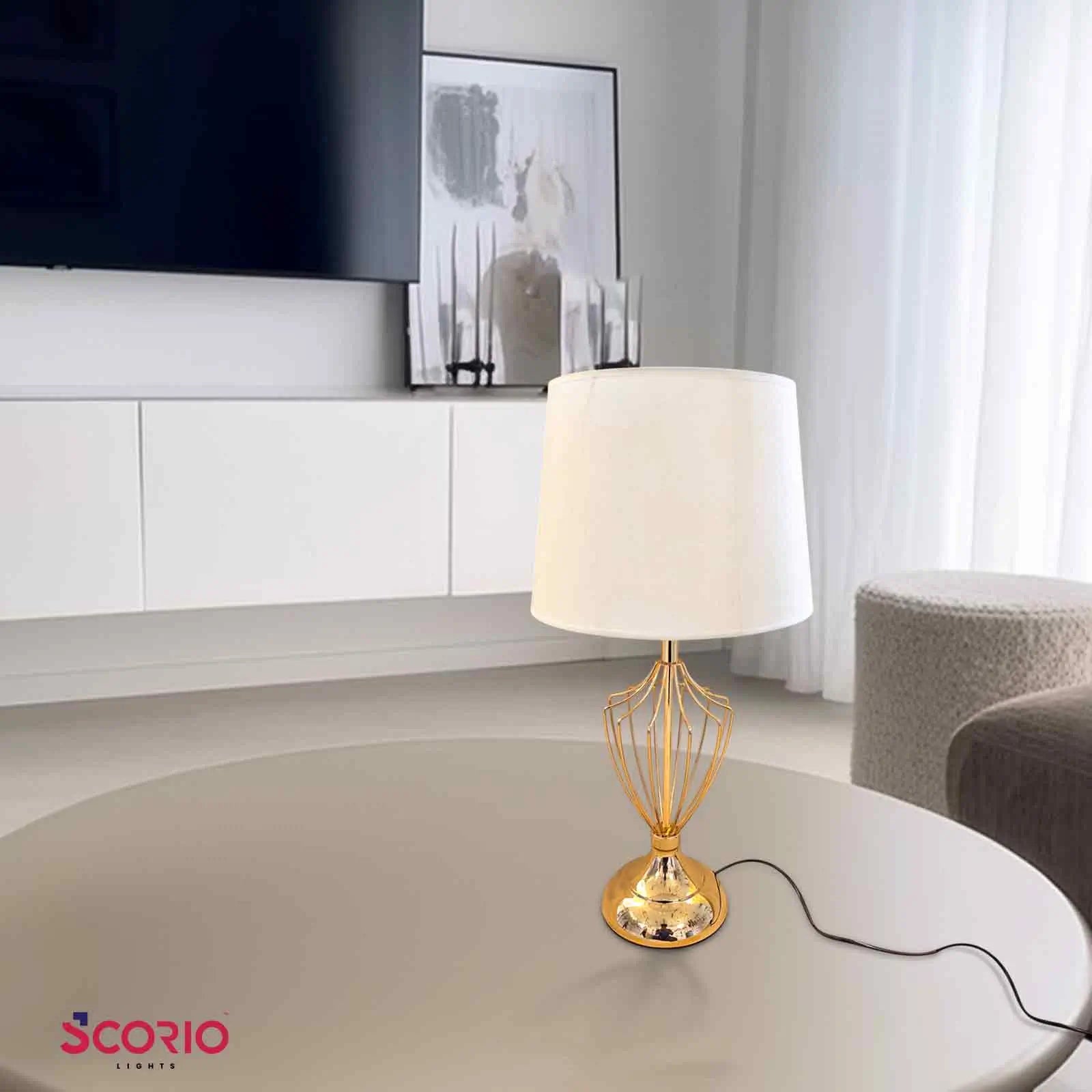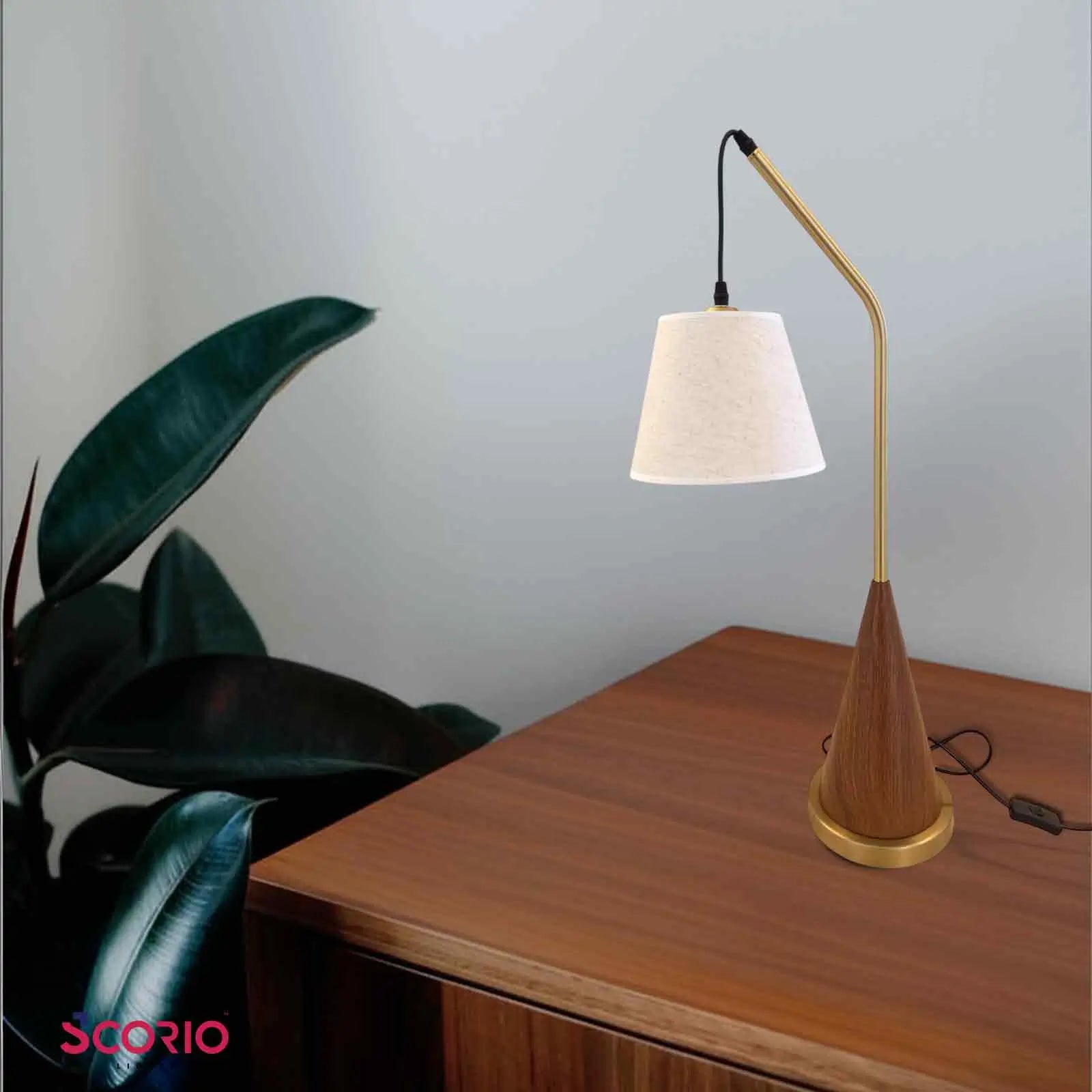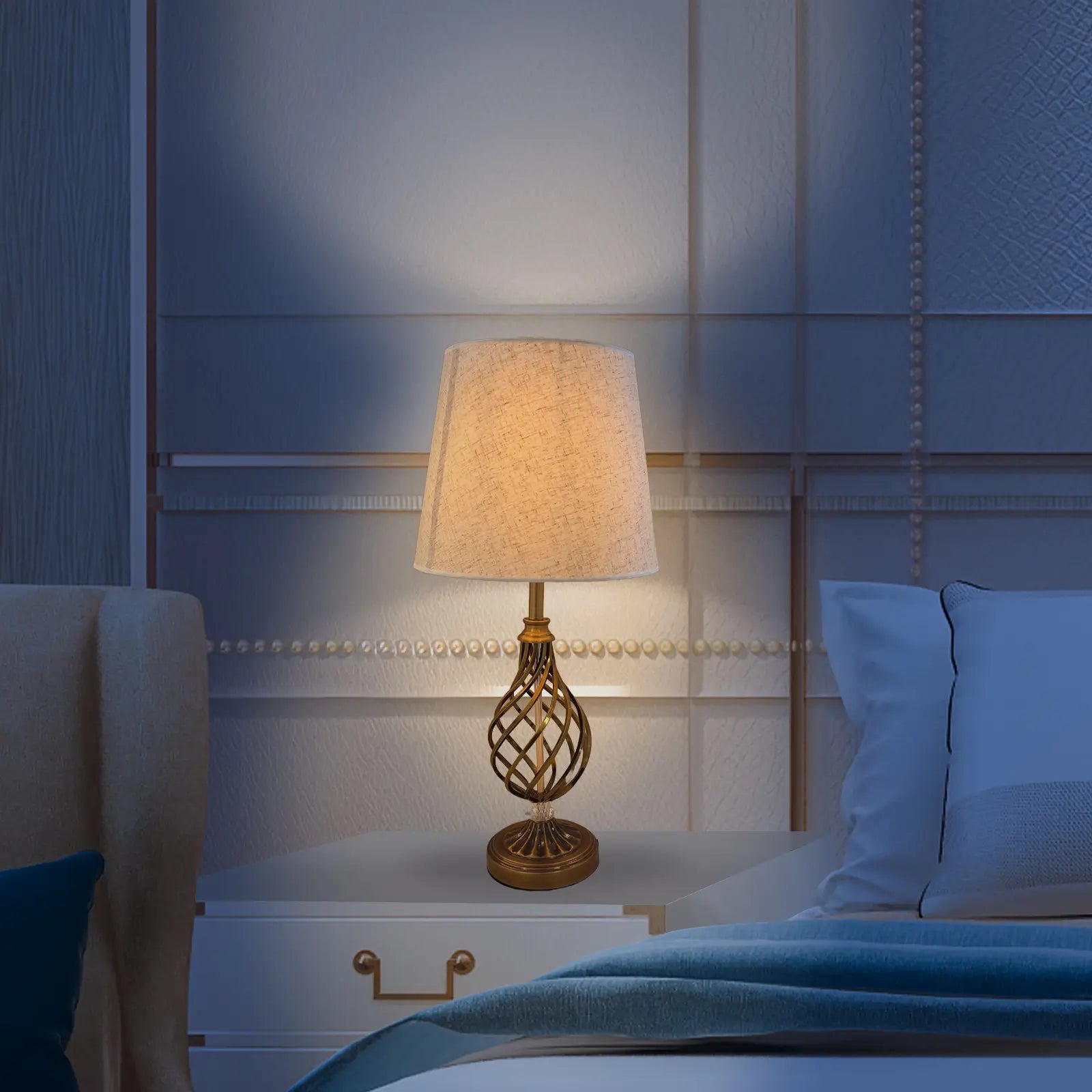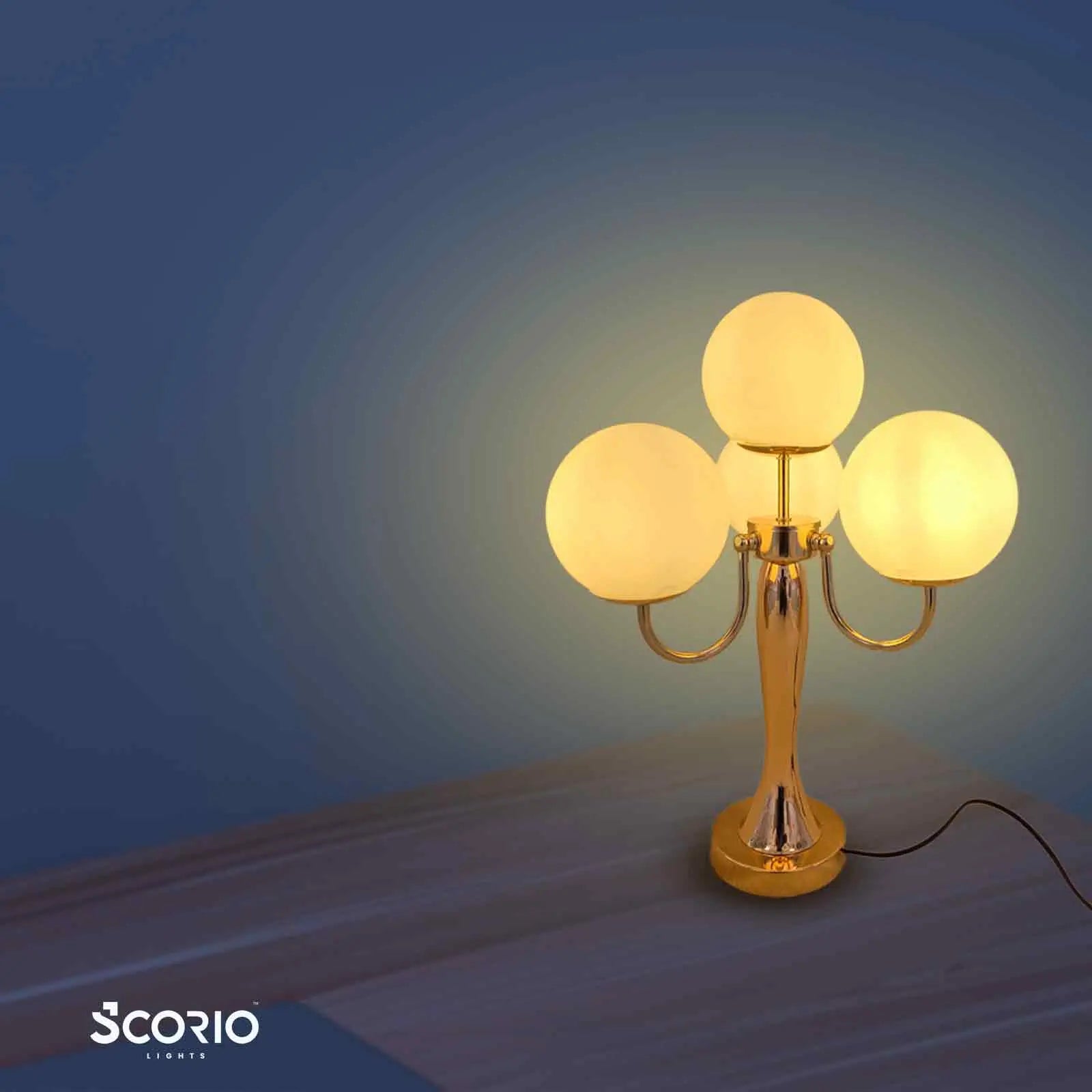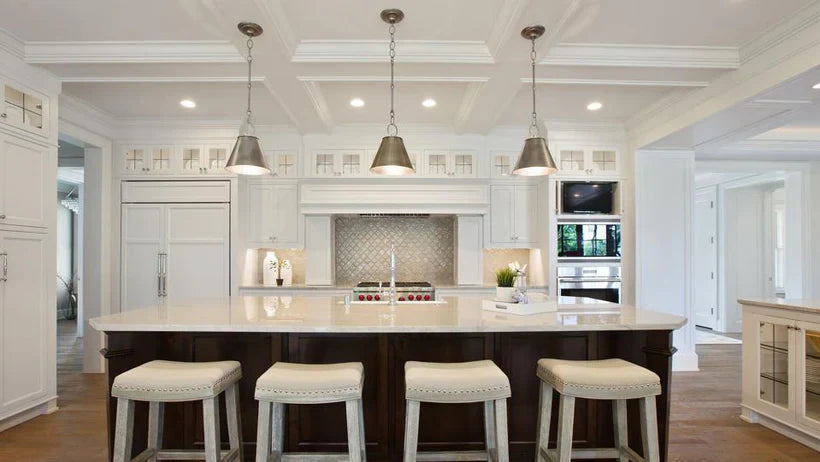
Creative Kitchen Lighting Ideas: Inspiring Designs for Every Style

In designing a functional and stylish kitchen lighting plays a vital role. Without spending a fortune for an electrician you can achieve a well-lit kitchen by following some simple tips and understanding the basic concepts.
Lets see some creative kitchen lighting ideas to help you illuminate your space and create a functional, stylish makeover. We also discuss important factors to consider when calculating how much light you need, selecting light fixtures, and harmonizing them with your kitchen decor.
Three Major Types of Kitchen Lighting
There are three major types of kitchen lighting, a well- lit kitchen incorporates all three of them. These are the three major types of lighting.
-
General (Ambient) Lighting: Provides overall illumination, allowing you to work in the kitchen freely.
-
Task Lighting: Focuses light on specific work areas, such as countertops, sinks, or stoves, to help you work efficiently.
-
Decorative Lighting: As the name suggests this lighting adds to visual appeal, highlights design features, and creates a warm, inviting atmosphere.
Combining these three types of lighting enhances both the functionality and aesthetic appeal of your kitchen, creating a balanced and practical design.
General Kitchen Lighting
This is the primary source of lighting. General lighting is achieved typically with a large ceiling fixture light. The purpose of this light is to distribute light evenly throughout the kitchen. You have to consider kitchen’s style, shape, size, and other factors that may influence lighting needs while selecting a fixture,
You should consider the light’s interaction with countertops and other fixtures so it is best to avoid hanging a chandelier directly in the center of the ceiling. The shape and layout of the kitchen plays a vital role as well. For example, pot lights work better in narrow or elongated spaces than chandeliers.

Task Lighting
Task lighting improves visibility in work areas such as countertops, sinks, and stoves. For maximum functionality, consider installing two levels of task lighting:
Ceiling-Level Task Lighting: Install pot or recessed lights about 18 inches from the wall to illuminate cabinets and counters effectively.
Under-Cabinet Lighting: LED lights are a practical choice as they’re easy to install, energy-efficient, and provide excellent illumination. They’re especially useful in spaces with limited natural light or for individuals with impaired vision.
Decorative Lighting
As the name suggests decorative lighting creates ambiance and adds character to your kitchen. It is typically placed in the dining area to enhance the mood for family gatherings or intimate dinners. Popular options include:
-
Pendant Lights: Perfect for dining areas or kitchen islands, especially if general lighting relies on pot lights rather than chandeliers.
-
Sconces: These wall-mounted fixtures provide soft lighting and double as decorative elements.
-
Table Lamps: Suitable for adding a cozy touch when placed on shelves, cabinets, or tables.
Wiring and Switches
Proper planning for wiring and switches is crucial, especially if the kitchen is not yet fully constructed. Here are some tips:
-
Ensure there is at least 63 inches from the floor to the top of the upper kitchen cabinets for accent lighting.
-
Install separate switches for different lighting levels or use built-in options. Modern models with motion sensors can automatically turn lights on and off for added convenience.
Choosing Light Fixtures and Bulbs
When selecting light fixtures, ensure they match in style and material for a cohesive look. Buying sets with matching chandeliers, sconces, and other fixtures can simplify this process.
Light Bulb Tips:
-
Choose bulbs that provide adequate illumination without overwhelming the space. Check the voltage and compatibility with your fixtures.
-
Opt for warmer tones (2,500K to 4,000K) for a cozy kitchen ambiance.
-
Use bulbs with varying strengths and tones to create a dynamic lighting scheme.

A kitchen is a significant investment in your home, and as a space where you spend considerable time, it’s essential to make it both functional and enjoyable. By planning your lighting design carefully, you can avoid costly mistakes and achieve a beautifully lit kitchen that meets your needs.
If you’re planning a kitchen makeover, consider using a kitchen planner tool to streamline the process. Start planning today and transform your kitchen into a stylish, functional space!



